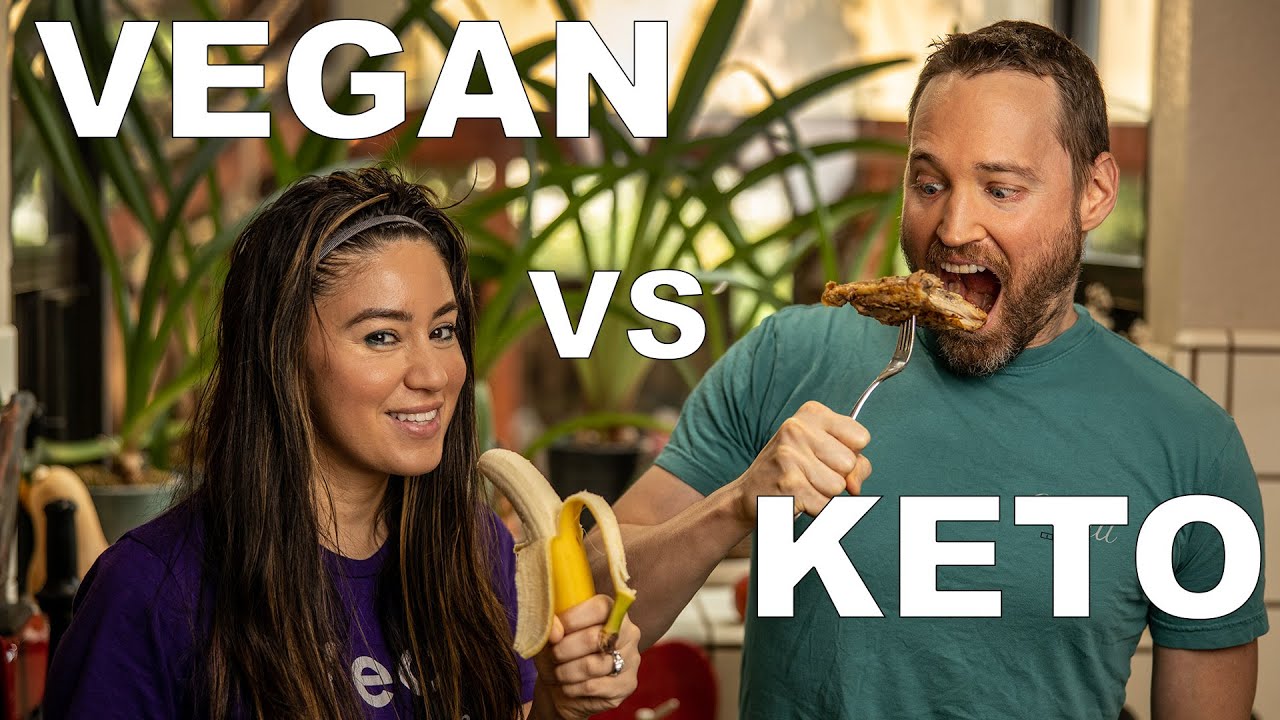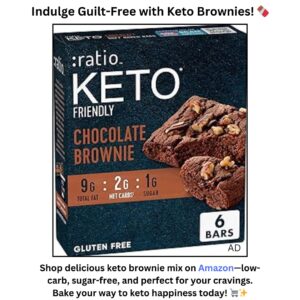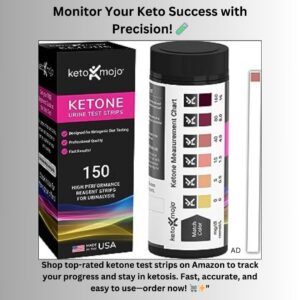Mediterranean Diet Vegan and Keto: Which is the Healthiest?

Mediterranean diet vs vegan and keto
Check on YouTube
Introduction
When it comes to healthy eating, the Mediterranean diet, vegan diet, and keto diet are often at the top of the list. But how do they compare when it comes to health benefits, sustainability, and long-term results? In this post, we’ll break down the strengths and weaknesses of each diet, explore their impact on health, and determine whether the Mediterranean diet can truly compete with the popular vegan and keto lifestyles.
The Mediterranean Diet: A Balanced Approach
The Mediterranean diet emphasizes whole, unprocessed foods with a focus on healthy fats, lean proteins, and an abundance of fruits and vegetables. It’s inspired by the traditional eating habits of countries bordering the Mediterranean Sea, such as Greece and Italy.
Key Features:
- High in olive oil, nuts, and seeds (healthy fats).
- Plenty of fresh vegetables, legumes, and whole grains.
- Moderate amounts of fish and poultry.
- Limited red meat and dairy consumption.
Health Benefits:
- Heart Health: Reduces the risk of cardiovascular disease through healthy fats and anti-inflammatory foods.
- Brain Function: Associated with lower rates of cognitive decline and Alzheimer’s disease.
- Longevity: Linked to longer life expectancy and reduced risk of chronic diseases.
Vegan Diet: Plant-Powered Nutrition
A vegan diet eliminates all animal products and focuses solely on plant-based foods.
Key Features:
- High in fruits, vegetables, whole grains, and legumes.
- Includes plant-based proteins like tofu, tempeh, and lentils.
- Avoids all animal-derived products, including dairy, eggs, and honey.
Health Benefits:
- Weight Loss: Naturally low in calories and fat, leading to easier weight management.
- Improved Digestion: High fiber content supports gut health.
- Reduced Risk of Chronic Disease: Associated with lower rates of diabetes, heart disease, and certain cancers.
Challenges:
- Requires careful planning to ensure adequate intake of protein, vitamin B12, and omega-3s.
Keto Diet: Fat-Focused and Low-Carb
The keto diet is a low-carb, high-fat diet designed to put the body into ketosis, a state where it burns fat for energy.
Key Features:
- High in healthy fats (avocado, coconut oil, nuts).
- Moderate protein intake from sources like meat, fish, and eggs.
- Extremely low in carbohydrates.
Health Benefits:
- Weight Loss: Rapid fat loss due to ketosis.
- Mental Clarity: Ketones provide a steady energy source for the brain.
- Blood Sugar Control: Improves insulin sensitivity and reduces blood sugar spikes.
Challenges:
- Can be restrictive and difficult to sustain.
- May cause nutrient deficiencies if not carefully managed.
Mediterranean Diet vs. Vegan and Keto: How Do They Compare?
1. Health Benefits
- Mediterranean Diet: Best for heart health, longevity, and overall balance.
- Vegan Diet: Ideal for weight loss and reducing chronic disease risk.
- Keto Diet: Effective for rapid weight loss and blood sugar control.
2. Sustainability
- Mediterranean Diet: Easy to maintain long-term due to its flexibility.
- Vegan Diet: Requires commitment but is sustainable with proper planning.
- Keto Diet: Often difficult to stick to long-term due to its restrictive nature.
3. Nutrient Balance
- Mediterranean Diet: Provides a wide range of nutrients from diverse food groups.
- Vegan Diet: May require supplementation for B12, omega-3s, and iron.
- Keto Diet: Can be low in fiber and certain vitamins if not balanced properly.
Which Diet Is Right for You?
- Choose the Mediterranean Diet if you want a balanced, heart-healthy approach to eating.
- Opt for the Vegan Diet if you’re focused on plant-based living and reducing environmental impact.
- Try the Keto Diet if rapid weight loss or blood sugar control is your primary goal.
Conclusion
While the Mediterranean diet offers a balanced and sustainable approach to health, the vegan and keto diets also have unique benefits depending on your individual goals. By understanding the strengths and limitations of each diet, you can make an informed choice that aligns with your lifestyle and health needs.







